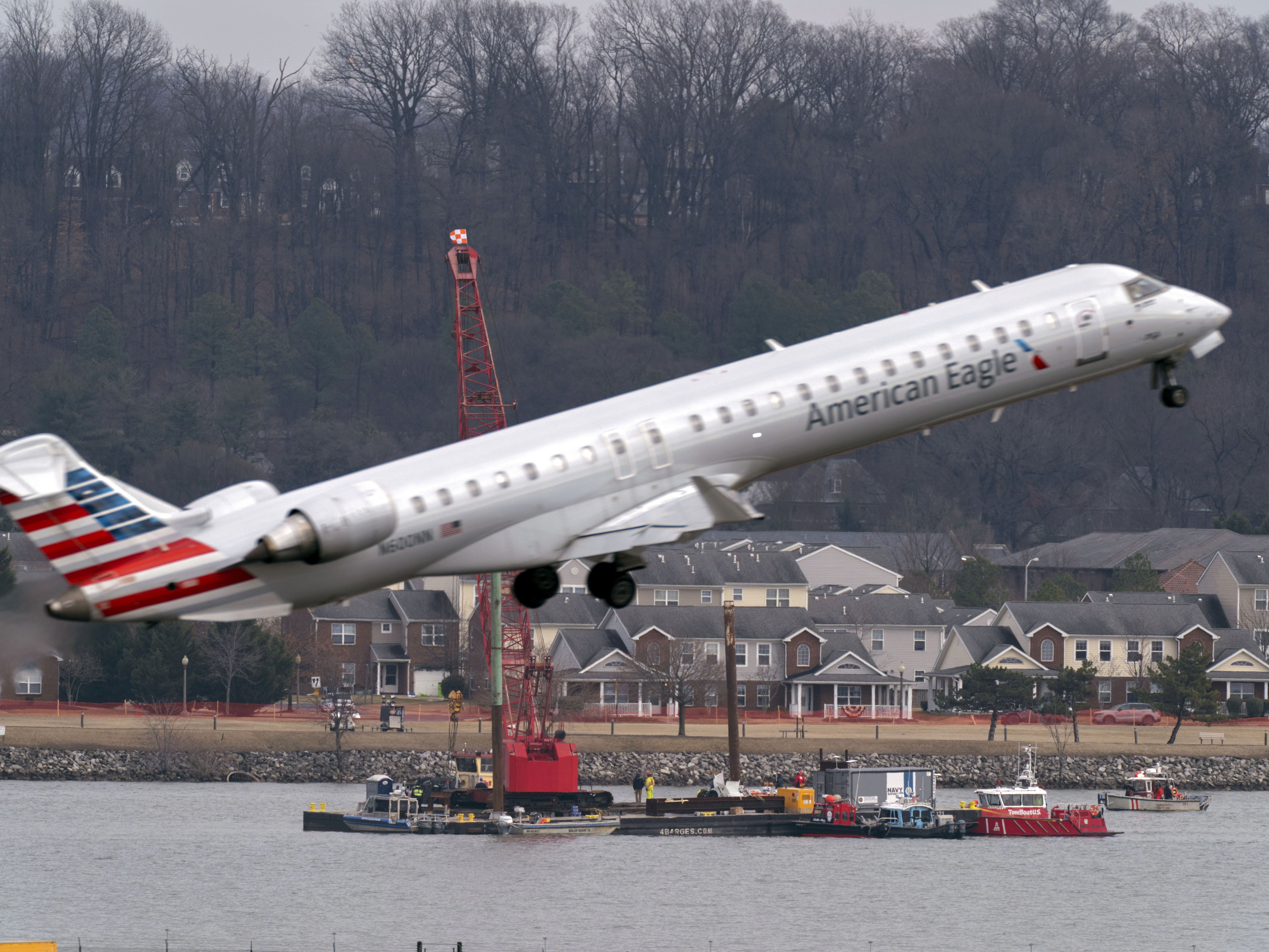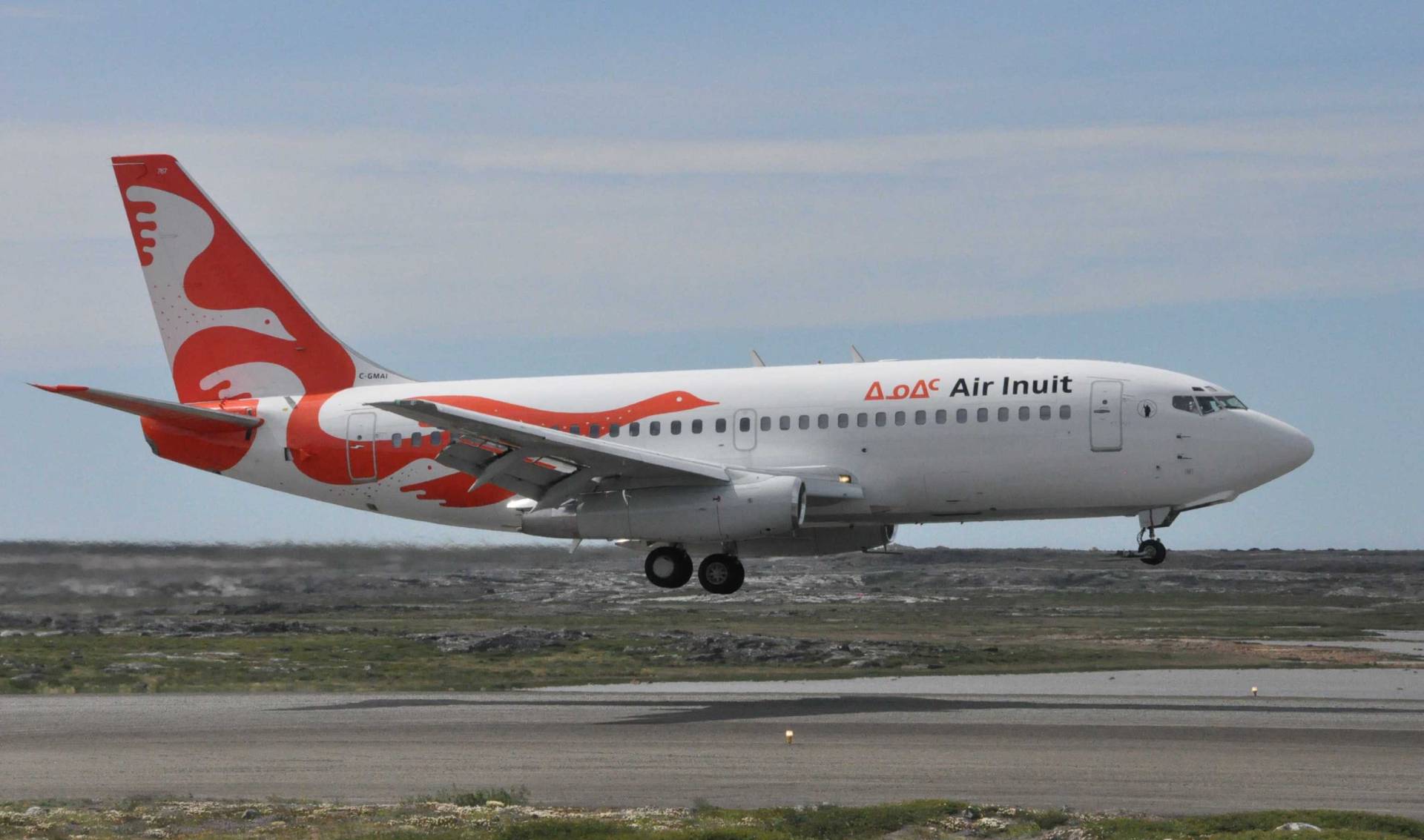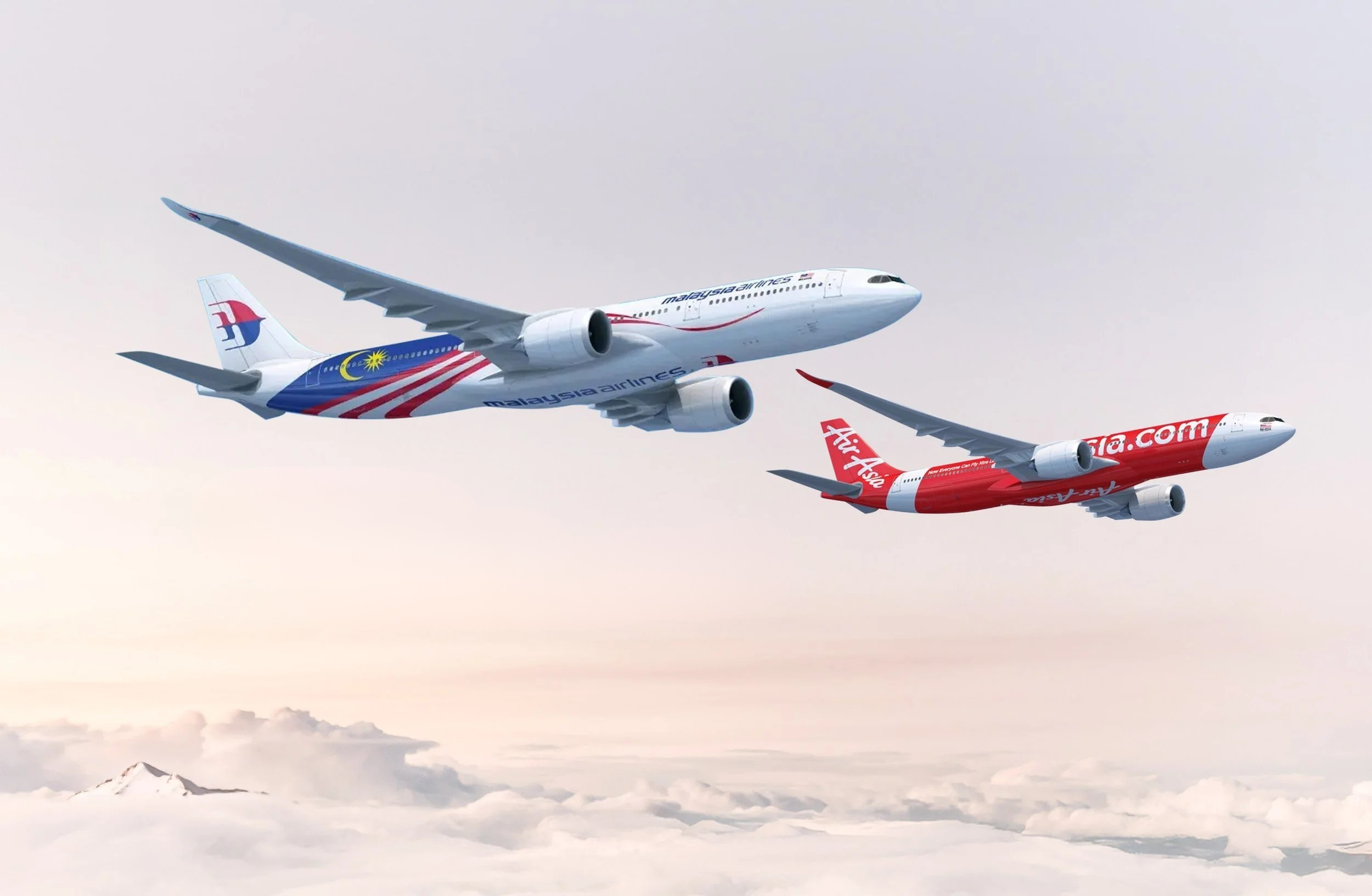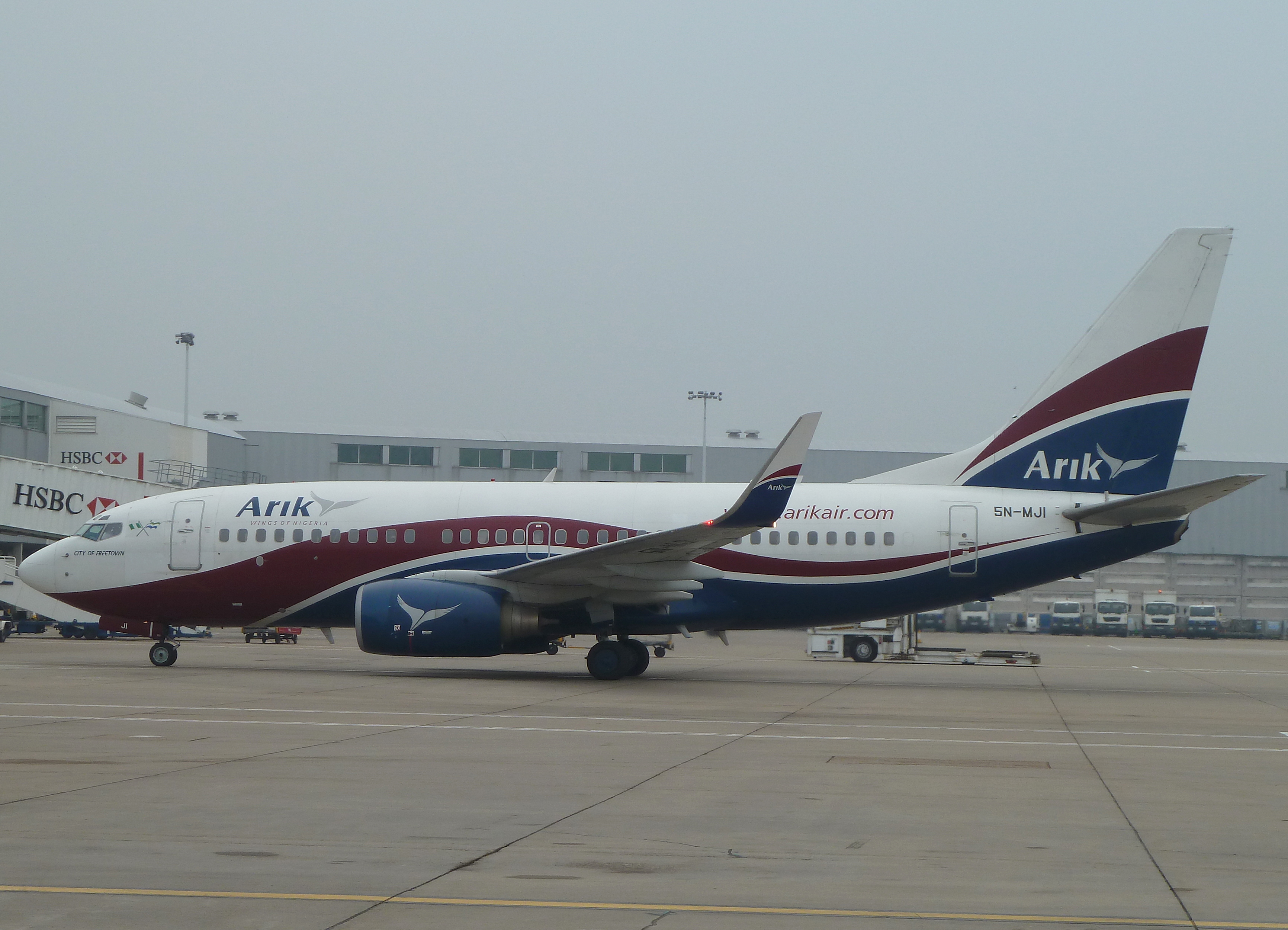Airports have expressed concern about the potential noise impact of supersonic aircraft, insisting they should not undermine past efforts on environmental issues.
Airports Council International has called on the UN-backed International Civil Aviation Organization (ICAO) to introduce standards and practices that address the impact of supersonic planes on the environment, airport operations and the public.
It notes that the re-introduction of supersonic aircraft could occur as early as 2023 but there are concerns manufacturers have yet to resent evidence the new planes will be able to meet the latest ICAO standards.
Airports are under constant pressure to reduce noise and emission footprints and noise often remains a major source of conflict with local communities.
ACI has told ICAO that emission standards and recommended practices for supersonic aircraft should promote the sustainable development of international aviation.
READ: Boom remains upbeat on delayed supersonic airliner.
They should also recognize that the introduction of supersonic aircraft should not disrupt traffic flow of other aircraft, lead to loss of capacity, "or reduce efficiency or environmental impact elsewhere in the system".
“Public acceptance of aviation rests on our ability to face the operational and environmental challenges currently posed by noise and emissions from subsonic aircraft. The introduction of supersonic aircraft must not destroy that acceptance,” ACI director general Angela Gittens said.
“In order to be integrated into the commercial aviation ecosystem, supersonic aircraft must not be noisier than comparable subsonic aircraft of the same Maximum Take-Off Mass (MTOM) during their subsonic operations.
“This is a matter which affects the entire aviation industry and it is essential for the development of Standards and Recommended Practices for supersonic aircraft to respond to the industry requirements while also addressing the potential impact on the community, the environment and airport operations.”
ACI also joined forces with the global air traffic control organization, the Civil Air Navigation Services Organization (CANSO), to present a paper calling for greater community engagement on noise impacts.
Research has found that actual noise exposure is only responsible for around 30 percent of community concerns.
Other factors in the equation include attitudes towards airports, local authorities or the aviation industry in general.
The two organizations believe there is a need to better understand the factors which make up the bulk of concerns that better policies and actions can be developed.
"Despite the reduced noise footprint of individual aircraft and the widespread introduction of noise insulation programs and new operational procedures, more individuals and communities are expressing negative attitudes towards airports and aviation activities,” Gittens said.
“This could have a negative impact on the ability of aviation to grow to meet increasing demand so it is important that all the factors which contribute to community concern are fully understood and plans and policies can be made to address them.
“Communities have always been at the core of airports’ noise management initiatives and ACI and CANSO believe community engagement should become more codified as a cross-cutting element which supports the implementation of the ICAO Balanced Approach.”
Noting the important role of air traffic management in improving aviation industry performance, CANSO director general Simon Hocquard said the collaboration with ACI showed the involvement of local communities helped ensure social and environmental responsibility.
“ACI and CANSO believe that effective community engagement is key for the development of aviation and that by ensuring all stakeholder perspectives are taken into account, the industry can further develop appropriate, sustainable solutions for managing the impacts of aviation, including noise, both now and in the future,’’ he said.
“In doing this, we both effectively address the views of the communities which facilitate vital connectivity worldwide, and ensure we are providing the best possible service to the flying public.”
.
Have questions or want to share your thoughts?



.jpg)


